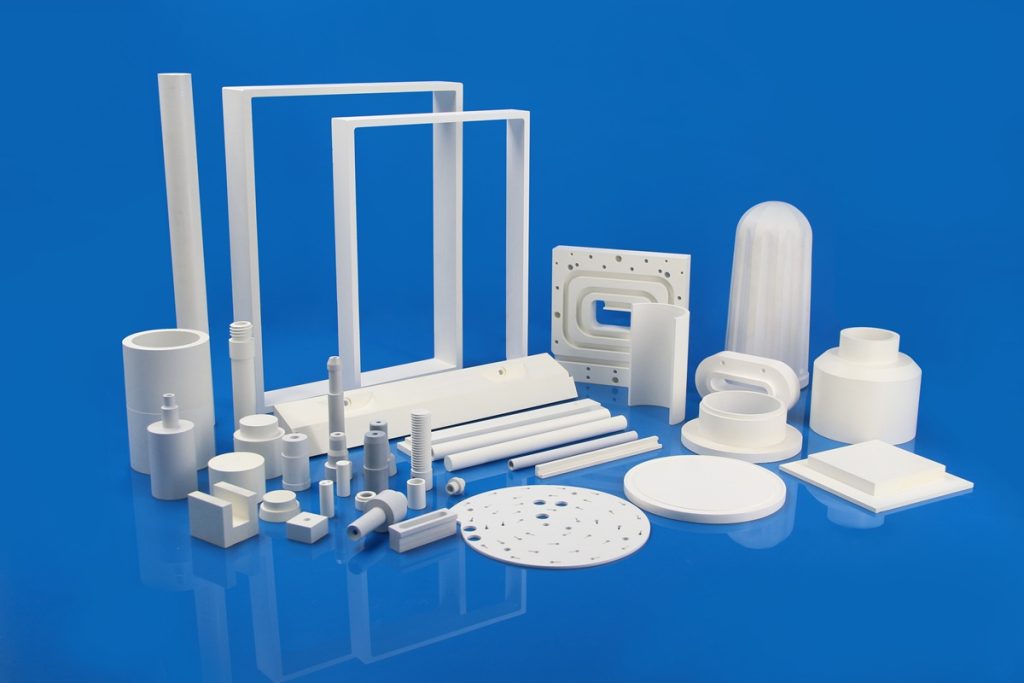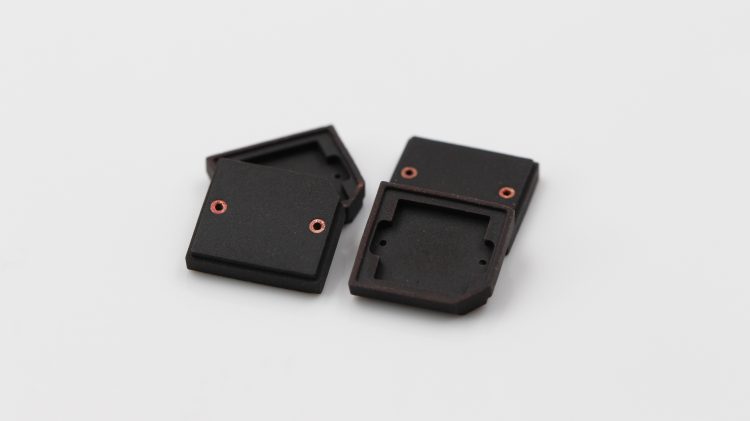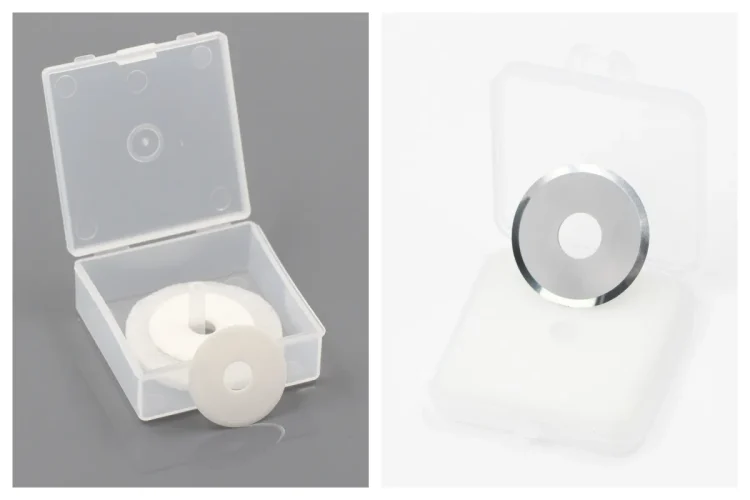High-Temperature Electronic Packaging
Thanks to its outstanding thermal conductivity and electrical insulation properties, boron nitride remains stable even under high-temperature conditions, making it highly suitable for high-temperature electronic packaging applications. It serves as an effective material for ceramic substrates, chip carriers, and heat spreaders, contributing to enhanced reliability and operational stability of electronic components.

Thermal Management in Power Electronics
Power electronic devices with high power density generate substantial amounts of heat, which must be efficiently dissipated to maintain device integrity. Boron nitride, with its superior thermal conductivity and stability, is increasingly adopted as a thermal interface or heat spreader material. This facilitates effective heat transfer and dissipation, thereby extending device lifespan and reliability.
Microwave Dielectric Ceramics
Boron nitride ceramics exhibit excellent dielectric properties and thermal stability at elevated temperatures, qualifying them as suitable materials for microwave dielectric applications. These ceramics are used in the fabrication of high-frequency microwave components—such as filters, resonators, and antennas—which are essential in communication systems, radar, and navigation technologies.
Lightweight Composite Materials
With its low density, high strength, and corrosion resistance, boron nitride can be incorporated into composites to produce lightweight yet robust materials. Such composites are increasingly applied in aerospace, automotive, and marine industries, where they serve as structural or functional components, offering an optimal balance of mechanical performance and weight reduction.
Electrical Insulation in Electronic Devices
Owing to its high electrical insulation capacity and chemical inertness, boron nitride is widely employed as an insulating material within electronic equipment. It is used in high-voltage capacitors, insulating components, and cable insulation, helping to improve the electrical performance and durability of the systems.
High-Energy Radiation Detectors
Boron nitride’s significant energy absorption capacity and detection efficiency make it a viable material for high-energy radiation detectors. These detectors find applications in nuclear physics research and medical imaging, where high precision and sensitivity in measurement are required.
Semiconductor Manufacturing
In semiconductor fabrication, boron nitride ceramics are utilized as etching masks and source materials for thin-film deposition. They can act as protective layers during device processing to minimize contamination or damage. Moreover, boron nitride is employed in electron beam evaporation processes for the deposition of various thin-film materials.
Nanoelectronics
In nanoelectronics, boron nitride offers favorable nanoscale processability and stable physicochemical characteristics, enabling its use in various nanodevices. For instance, it can function as a channel material in field-effect transistors or as an interconnect material in nano-integrated circuits, contributing to improved device performance and reliability.



